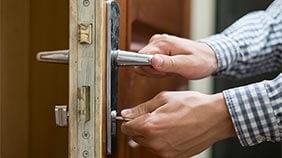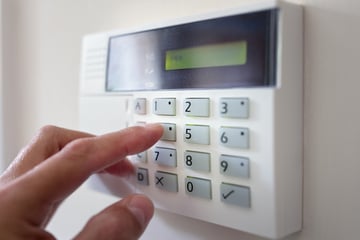"Home insurance isn't a legal requirement, so you might be tempted to save money and not get cover. But should anything happen, a buildings or contents insurance claim could run into the thousands. Compare this to the average price of a combined policy at £2162 annually and you might be thankful you got cover.
The right home insurance policy can cover the cost of repairing your home if it gets damaged unexpectedly. But with insurance prices rising, it's more important than ever to shop around. Comparing policies with a site like Confused.com means you could get exactly what you need for a cheaper price."












